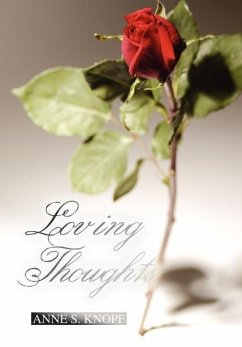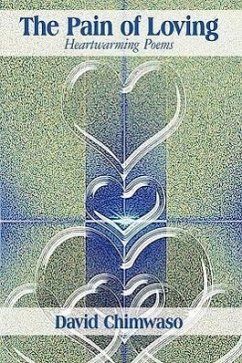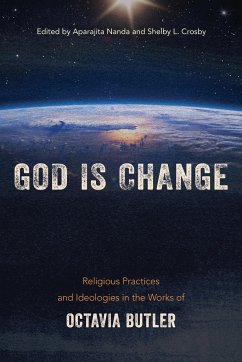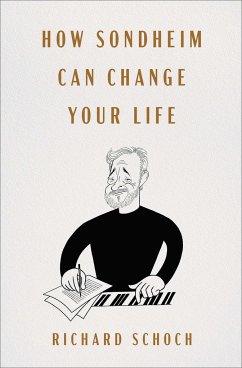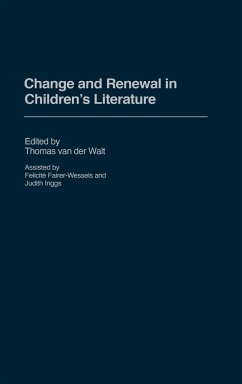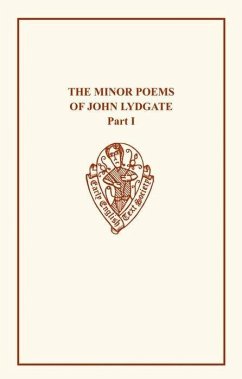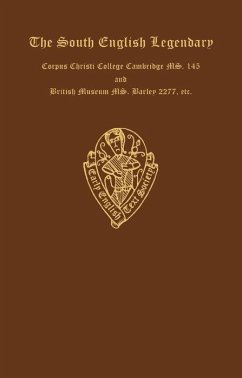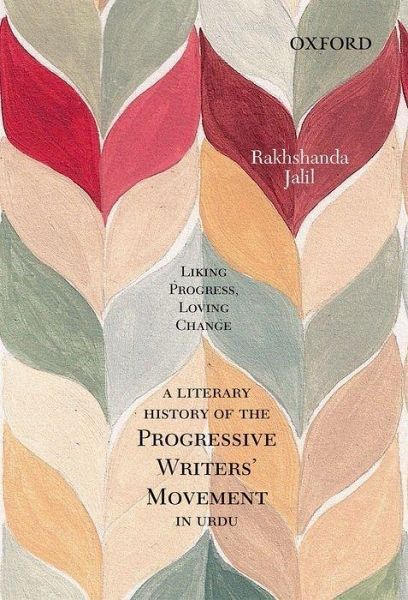
Liking Progress, Loving Change
A Literary History of the Progressivewriters' Movement in Urdu
Versandkostenfrei!
Versandfertig in über 4 Wochen
64,99 €
inkl. MwSt.

PAYBACK Punkte
32 °P sammeln!
From Faiz Ahmad Faiz to Ali Sardar Jafri, this book explores a critical history of the Progressive Writers' Movement (PWM) in India, particularly in the context of Urdu literature.



